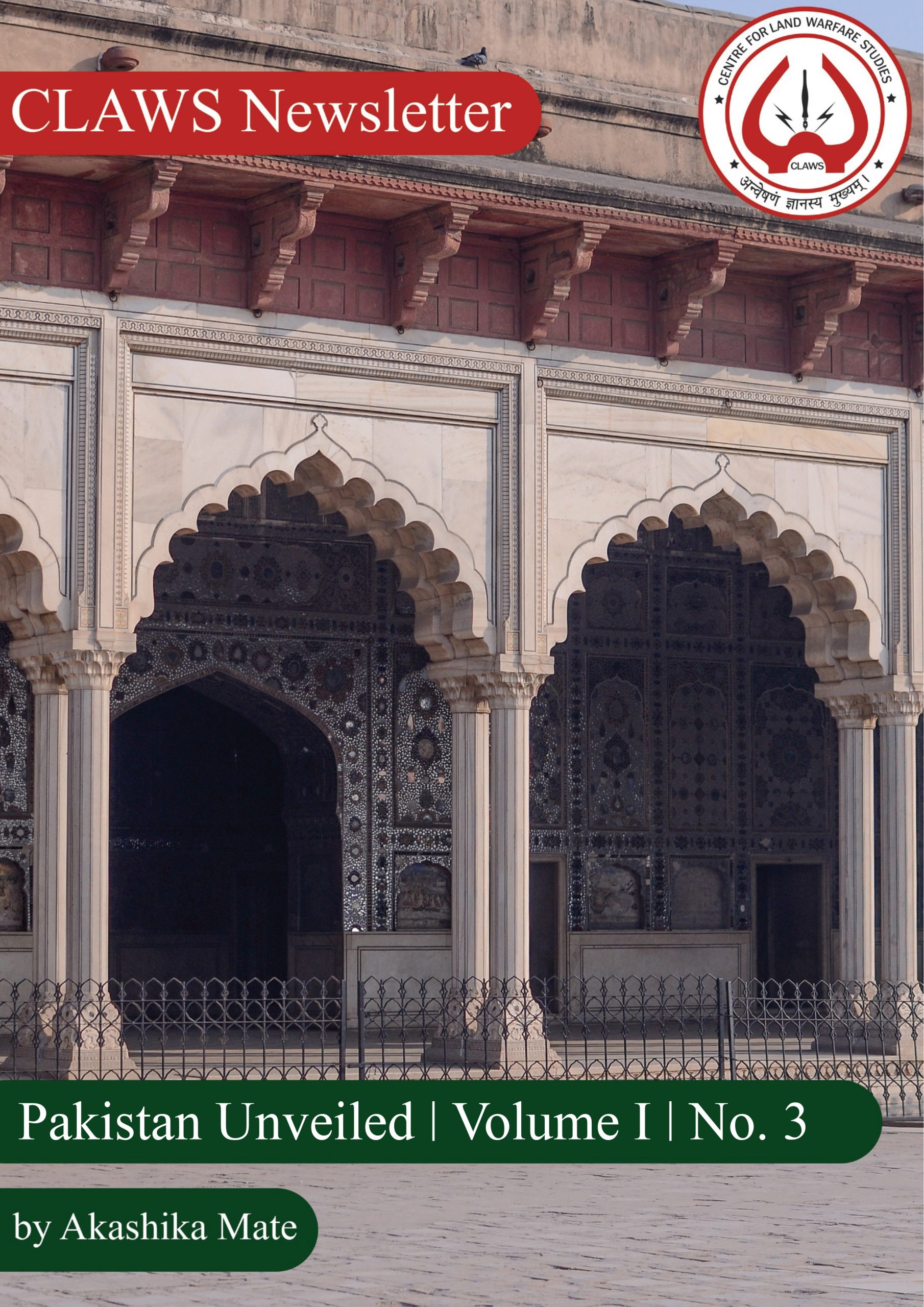
Pakistan Unveiled | Volume I | Issue No 4
This edition of Pakistan Unveiled explores the key political, security, and economic developments that shaped Pakistan in the latter half of March. Domestically, while the country marked Pakistan Day on the 85th anniversary of the Lahore Resolution, political tensions escalated as the Pakistani Army Chief faced threats demanding his resignation. Economic developments saw progress with ECNEC-approved projects and forthcoming IMF disbursements, yet unrest in Balochistan intensified as the Baloch Yakjehti Committee (BYC) protests continued, leading to mass arrests and public outrage. On the international front, China has, for the first time, deployed private security companies to safeguard its personnel and assets under CPEC amid rising terrorist threats. Meanwhile, the reopening of the Torkham border after a 27-day closure signals a shift in regional dynamics, and Prime Minister Shehbaz Sharif’s visit to Saudi Arabia focused on strengthening cooperation across economic, trade, investment, energy, and defense sectors. Additionally, Denmark’s interest in Pakistan’s port sector marks a key foreign investment development. In Pakistan-occupied Kashmir (PoK), the assassination of Abu Qatal, a senior Lashkar-e-Taiba (LeT) operative and close aide of Hafiz Saeed, has intensified tensions. Protests in the region continue to gain momentum, with the Joint Awami Action Committee of Rawalakot warning of fierce resistance against any military crackdown. Security challenges remain dire, with multiple terror attacks across Balochistan and Khyber Pakhtunkhwa, including a suicide car bombing in Noshki, blasts in Gwadar and Quetta, and an alarming rise in targeted killings and enforced disappearances.















